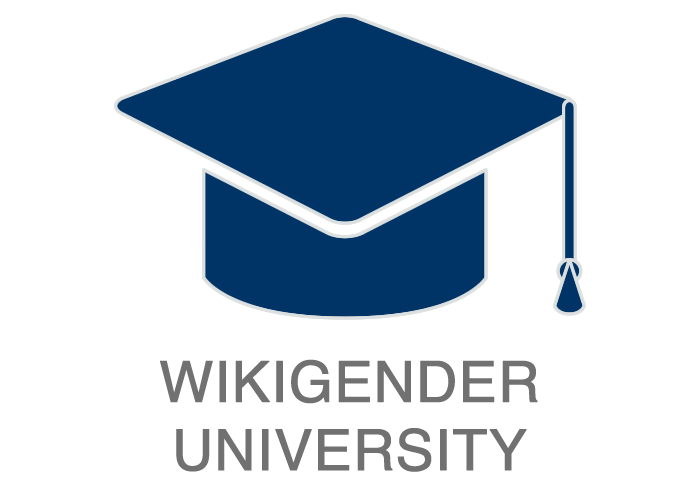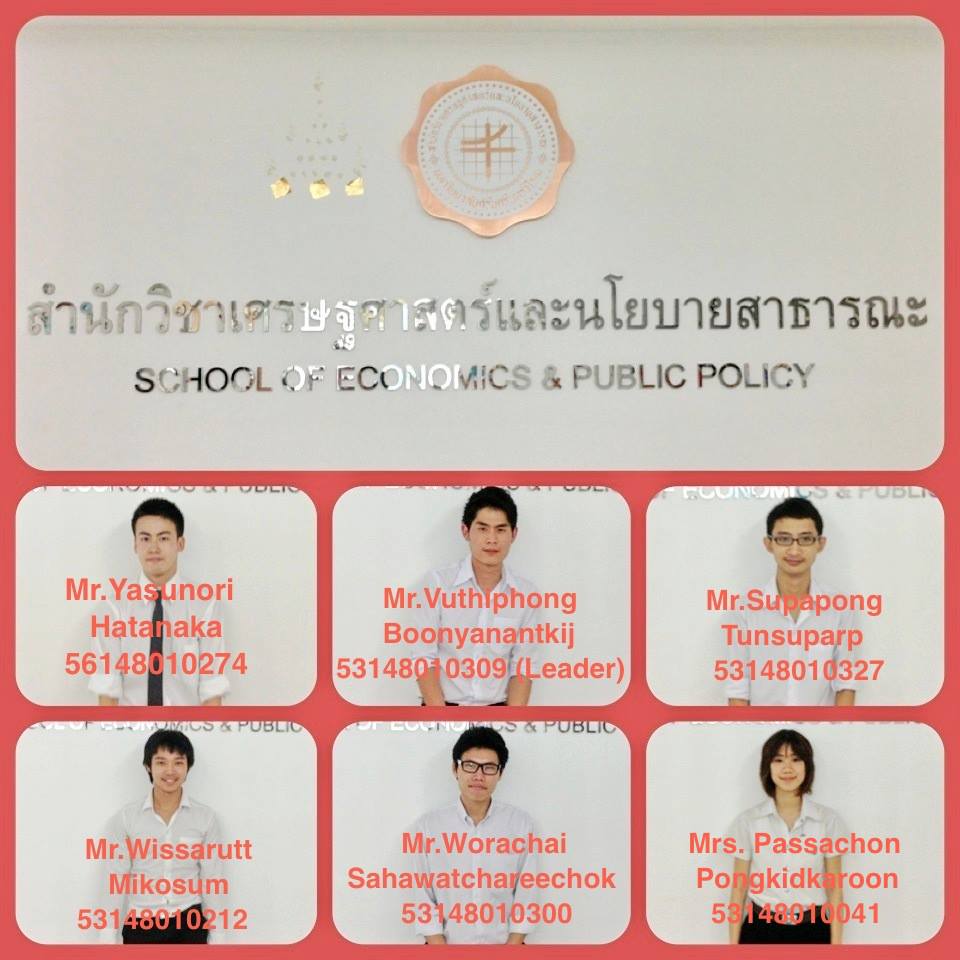Girls’ education in northern Thailand

Current situation of girls in Northern Thailand
Research done by students from the Law School at Mae Fah Luang University examined four selected secondary schools in the Chiang Mai and Chiang Rai provinces.“Girls’ Education in Northern Thailand: Gender and Reality in Chiang Rai and Chiang Mai Province”, A Report for Plan International’s “Because I Am A Girl” Campaign: 2012 Their research shows that the current education situation related to opportunities for both genders to enroll in schools has almost achieved gender equality. There were hardly any discriminatory practices related to gender or ethnicity. This may be due to Thailand’s policy of providing free primary education to all children without discrimination.
However, the research found that the most significant barrier to access education was poverty.(A person is considered “poor” in Thailand if earning less than 52.87 bath(1.71 USD) per day)http://www.thepovertyline.net/gallery?country=Thailand. Furthermore, additional data from the educational unit of Chiang Rai confirmed that poverty was the main reason why students dropped out of school during the academic year. They found that in higher education, after the first 12 years, the student’s family could not afford the school fees, uniform expenses, textbooks, meals and, in particular, transportation costs to school.
This article is primarily based on a report done for Plan International’s “Because I Am A Girl” Campaign in 2012.“Girls’ Education in Northern Thailand: Gender and Reality in Chiang Rai and Chiang Mai Province”, A Report for Plan International’s “Because I Am A Girl” Campaign: 2012
Issues for girls in Northern Thailand
Statelessness of Children
Often girls do not have the right to work. This is because many women are considered ‘stateless youths’ because they do not have correct national papers. These stateless youths have a diploma issued by an educational institute, but because they lack a national identification card they do not have the right to work.
Pregnant students
Girls who are susceptible to pregnancy can be found in every observed school both in the rural and urban areas.
Class participation
According to the research, boys were generally more responsive and volunteered to answer teachers’ questions more frequently than girls. Girls were less responsive and seemed to be more withdrawn, especially girls from certain ethnic groups. However, girls in urban schools were more active and responsive in class than girls in the rural schools.
Cooperation with the government and private sectors
Northern Women’s Development Foundation and their work to resolve child prostitution
The Northern Women’s Development Foundation has the following objectiveshttp://www.m-culture.in.th/moc_new/album/131006/มูลนิธิพัฒนาเยาวสตรีภาคเหนือ/:
- To establish a scholarship fund for girls who come from disadvantaged regions
- To improve the lives of girls from Northern Thailand
- To aid the region’s youth by discouraging girls from Northern Thailand to engage in prostitution
- To create a good image for girls from the North of Thailand and Thai women
- To protect human rights and address the problem of child prostitution in the north.
The issue of child prostitution in Northern Thailand
Child prostitution in Northern Thailand has been a long standing problem. There are several reasons why more involvement by the government through policies with the local culture is necessary. It is important that all parties are willing to cooperate to resolve this issue. One successful example of this is the Young Northern Women’s Development Foundation who have found ways to prevent and remedy to the issue of child prostitution.http://www.m-culture.in.th/moc_new/album/131006/มูลนิธิพัฒนาเยาวสตรีภาคเหนือ/
Here is howhttp://www.m-culture.in.th/moc_new/album/131006/มูลนิธิพัฒนาเยาวสตรีภาคเหนือ/:
- They have organised a campaign to raise awareness on the issue to changing social values
- They helped promote education to poor children in rural areas
- They improved the quality of life of poor families
- They promoted the use of legal measures effectively.
Asean study center in Northern Thailand
The Deputy Minister of Education and the Center for Asian Studies (ASEAN) have started work in Northern Thailand in three target areas:
- Aspects of women’s health
- Development of knowledge and technology (ICT)
- Developing the role of women in language and communication (Assigned by the Ministry of Education)
Their work is the first of its kind in the North. The Center for Asian Studies is also a pilot center for the government’s development policies, including the empowerment of women (by increasing their role in funding development).http://www.moe.go.th/moe/th/news/detail.php?NewsID=33862&Key=news_sakda
The Ministry of Education has assigned offices outside the formal education system to work on the empowerment of women within the goals of ASEAN. By the fiscal year of 2556 (year 2013) the Ministry of Education would like to establish 26 ASEAN navigation centers across the country including the Northern Thai provinces of Chiang Mai and Tak. However, more sources are needed to learn about the economic, social and cultural development of the member countries of ASEAN. Also, the language in use within ASEAN and the ASEAN neighbours is English: Northern Myanmar and Thailand already focus on English for Chinese foreigners living in Chiang Mai and the Norther Provinces. So ASEAN should continue to focus on funding the development and role of women in the three areas of health, technology and language.http://www.moe.go.th/moe/th/news/detail.php?NewsID=33862&Key=news_sakda
References
Group 4



